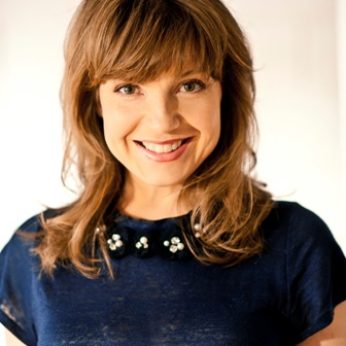Composer: Benjamin Britten (b. 1913 - d. 1976)
Performance date: 30/06/2013
Venue: St. Brendan’s Church
Composition Year: 1939
Duration: 00:24:09
Recording Engineer: Damian Chennells, RTÉ lyric fm
Instrumentation Category:Large Mixed Ensemble
Instrumentation Other: S-solo, orchestra, leader, director
Artists:
Pekka Kuusisto -
[violin]
Irish Chamber Orchestra -
[orchestra]
Claire Booth -
[soprano]

The sheer audacity
of this work is stunning. The opening Fanfare is electrifying, instinctively
you look for the trumpets and piccolos and drums, then the soprano’s entry with
the motif cry redoubles the intensity and the shock, leading to the climactic sauvage, instantly calmed by the solo
violin. This is a visionary work, the composer seizes and mutilates the poet’s crazed
illuminations and creates a terrifying and chaotic vision for which only the
composer holds the key.
Rimbaud’s
prose-poem is hallucinatory and dream-like, bordering on the incomprehensible.
He uses words not for their literal meaning but for their evocative quality.
This is quickly apparent in the Cities section, where the text is wild, at
times surreal, if indeed you can follow it all. The challenge for the singer
must be immense, for the audience the recurring cry Ce sont des villes! is perhaps the only signpost in this urban
nightmare, which is mirrored in an even more violent form in the eighth section Parade. But the sheer energy and excitement of Villes is exceptional – Les
sauvages dansent sans cesse la fête de la nuit!
In between we have
an extended love-poem. We are hurled from the violent to the exquisite in the
high-wire act of the third section Phrase,
threading gold chains from star to star, closing with the soprano’s impossible,
climactic et je danse. From the
heights the music descends to the purely physical, the details of the beloved’s
body Gracieux fils de Pan, but what sensual
music they create. Royauté is another
form of the fanfare idea, a visionary couple announcing with trumpets and drums
that they were to become king and queen for the day, while Marine is an ecstatic vision of seascapes, the music as crazed and
inventive as the poet’s imagery.
The second half
opens with a new more sombre assertion of the opening J’ai seul la clef de cette parade sauvage, the singer this time accompanied
by the solo violin, the great cry reduced almost to uncertainty. The Being Beauteous poem returns to the Son
of Pan from Antique, this time the
lover is un Être de Beauté, the vivid
imagery lovingly enunciated by the soprano to cool restraint in the strings.
There is no restraint when the city returns parading all its most violent
inhabitants in a parade that only the poet-composer can control.
All visions come to
an end – Seen enough, had enough, known
enough. The singer gradually takes her leave, guiding us to the Exit, go
seek new love and new sounds and new visions.
Copyright © 2024 West Cork Music. All rights reserved.
Designed and developed by Matrix Internet